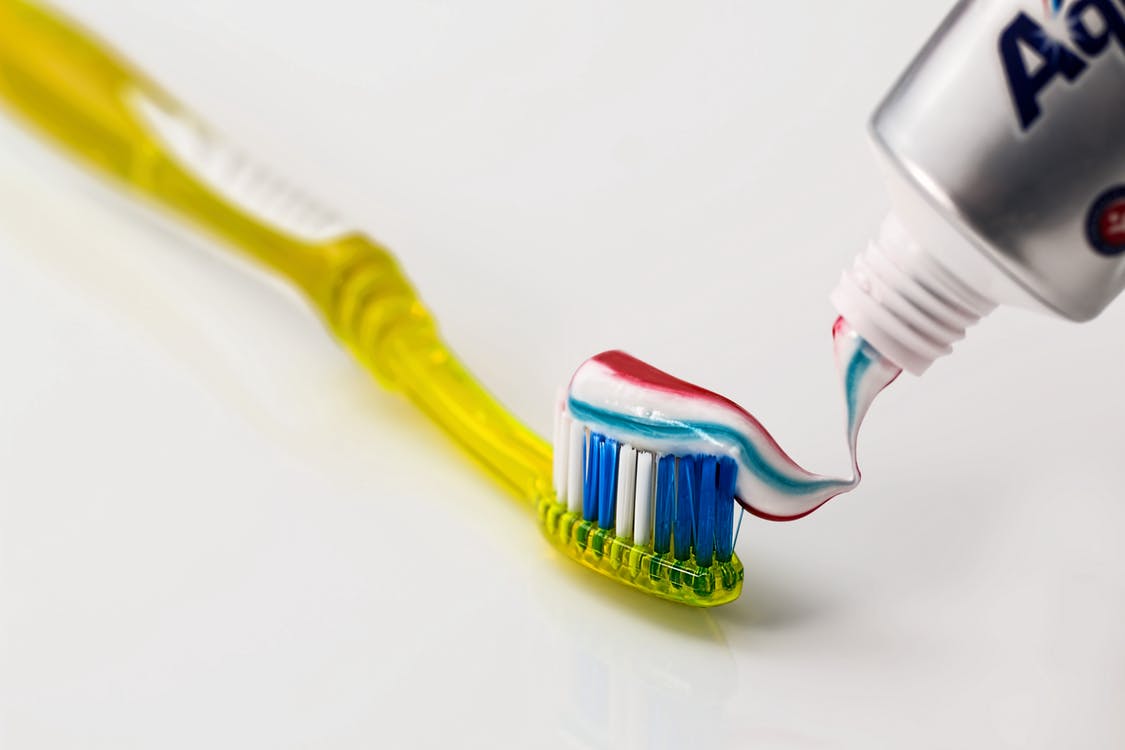When you do your dental visits, your dentist will give you the advice to keep a good oral health. The tips include flossing, tongue cleaning, getting fillings, and root canal therapy. Bacteria form in your mouth can lead to severe illnesses, so please heed the warnings of your dentist.
Floss more
One tip dentists will give you is to floss more. A research study stresses that regular flossing helps to remove plaque which can lead to cavities and gum disease. The same research shows flossing removes bacterial built up that can lead to halitosis, dementia, and pneumonia. The British Medical Journal states failure to maintain oral health can cause cardiovascular disease.
Gum health can show what goes on in the rest of your body. For example, if the bacteria from your mouth goes into your circulatory system, it can cause inflammation. You should not have bleeding gums when you floss or brush. The bleeding means you have gum disease. Floss at nights before going to bed to maintain good oral health.
Clean tongue surface
Cleansing your tongue is just as valuable as flossing and brushing. Use a tongue cleaner to remove the bacteria from your tongue before brushing. Millions of bacteria live on your tongue; cleaning with a toothbrush alone will not remove all the germs. The toxins from the microbes will cause bad breath and other health issues.
The bacteria hide in the crevice of your tongue, so you need to do a thorough job when cleaning. Mouthwash will only get rid of the outer film. The germs live beneath the surface of the cells. If you do not scrape your tongue, you can have bad breath or tooth damage.
Get fillings
Your dentist might suggest you get fillings because you did not maintain proper oral hygiene. If you do not take care of your teeth, you may get cavities. They cause holes to form in your teeth. If you leave the decay unattended, you will experience tooth pain, and you will also develop an abscess and experience bone loss.
First, dentists cleanse the area with air and water. They will numb your tongue, teeth, and gums to prevent you from feeling the pain. Then, drilling takes place to remove the affected area. After your dentist removes the cavity, she or he will fill up the hole caused by the decay.
Before the anesthetics wear off, your tongue and lips will feel heavy and numb. There is no feeling in the area, so it is best not to bite down hard on your lips or tongue. Your dentist will advise you against eating for a few hours. The fillings you get will repair your tooth and stops your teeth from decaying.
Undergo Root Canal Therapy
Another health tip a dentist in Birmingham, Alabama, might recommend is to undergo an Endodontic treatment or root canal therapy. It is a procedure dentists use to repair the damaged tissue to your gums. There is a soft tissue inside the root of your tooth that can get infected or damaged. The reasons for the damage could be tooth decay, too many dental procedures, or a crack in the tooth. The pulp is so soft that if you experience an injury to the tooth, the soft tissue could get damaged.
If you do not treat the infected pulp, you may experience tooth pain or develop an abscess. You will know if you need root canal therapy if experience sensitivity to heat or cold. If the area feels tender when chewing and after touching, it is a sign you need a root canal. Other symptoms include swelling or drainage of the area near the infection.
Conclusion
Your dentist gives you tips because if you do not maintain proper oral health, you may experience other health issues. They include gum disease, bad breath, dementia, and pneumonia. So, it is essential that you floss more and clean your tongue surface. If you fail to maintain proper oral care, your dentist will suggest filling to prevent cavities. If you have damaged gum tissues beyond repair, your dentist will recommend root canal therapy.






